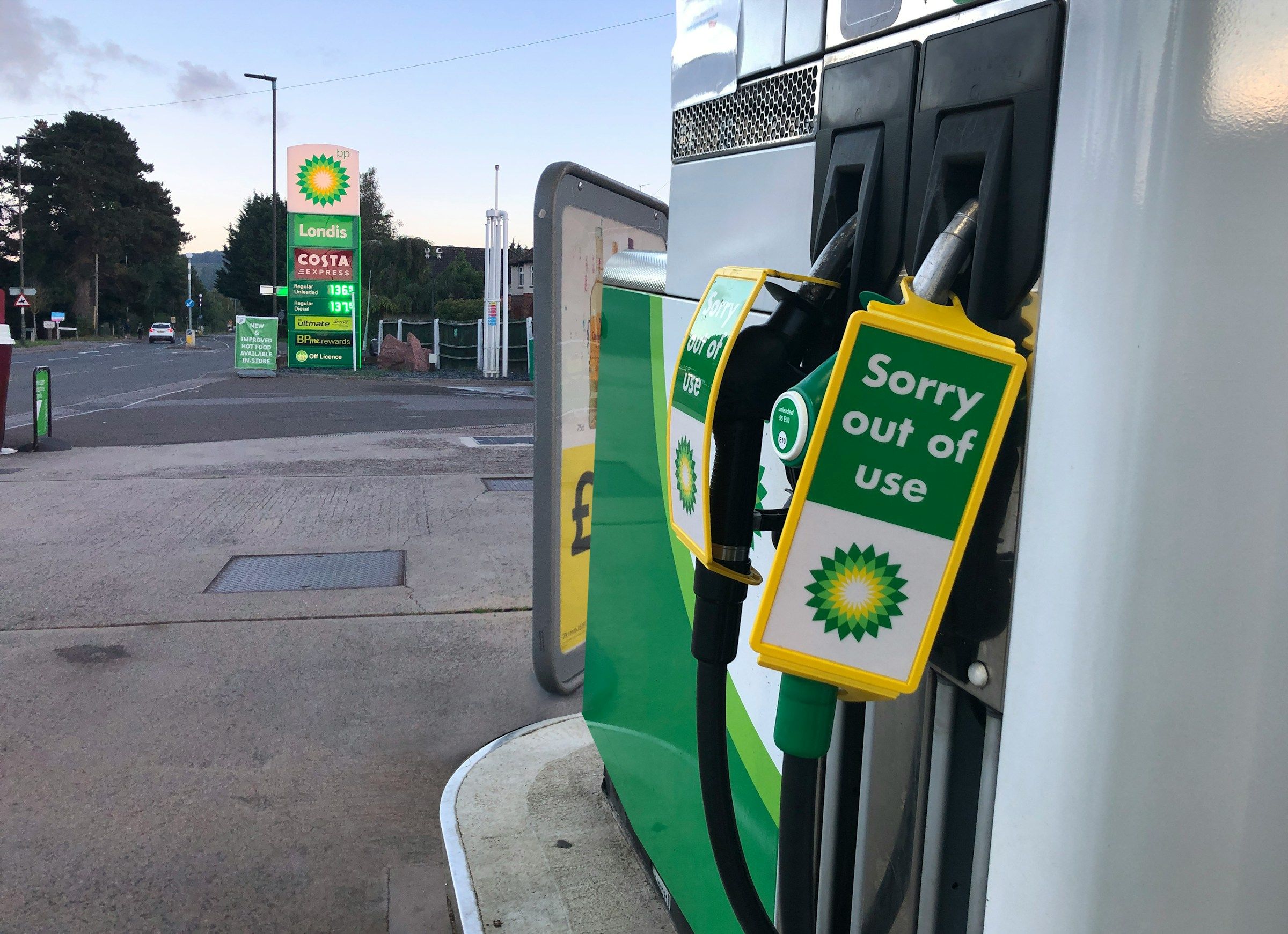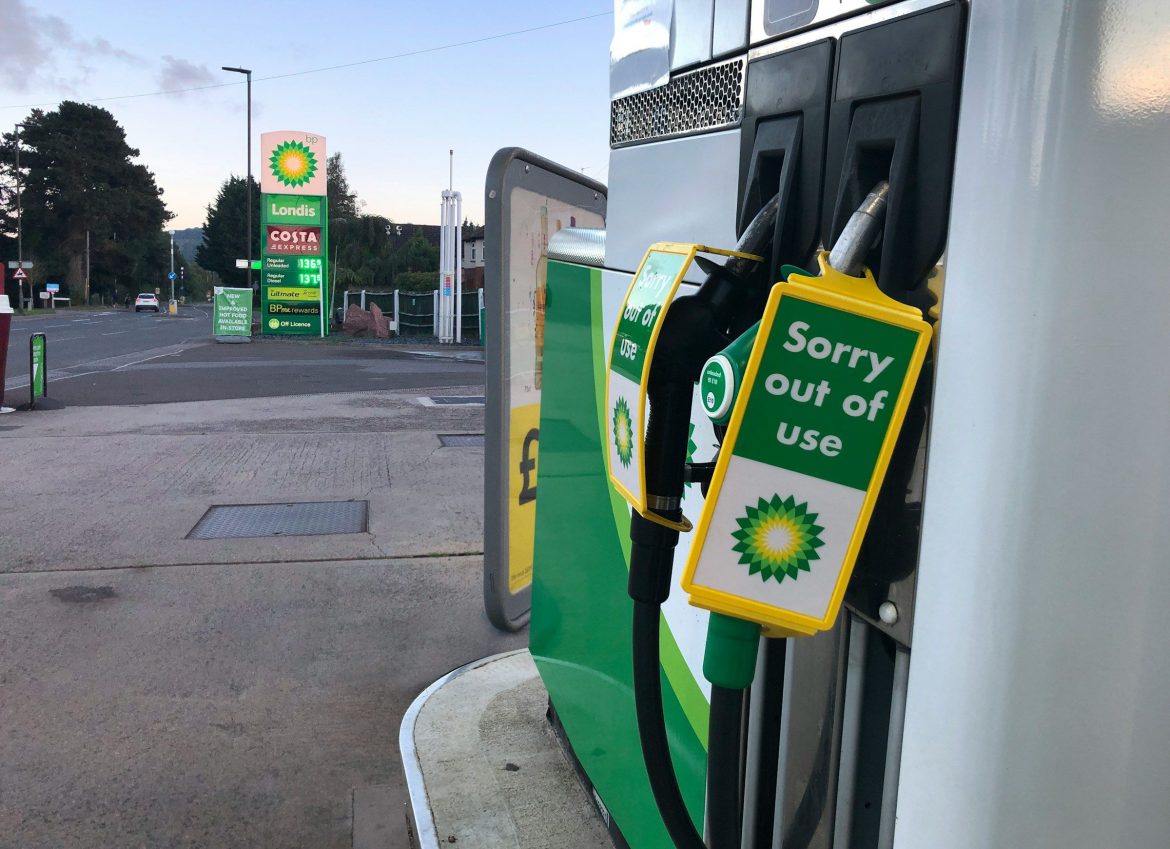
BP’s shares fell in early trading Thursday after the energy group announced it expects weak first-quarter gas marketing and trading earnings and a rise in net debt.
The release provides an initial look into BP’s quarterly results amidst increased scrutiny of its debt and expenditures, following activist investor Elliott Management’s recent acquisition of a stake in the company.
The first quarter is expected to end with a net debt increase of roughly $4 billion compared to the previous quarter, BP said.
This is driven primarily by a working capital build, which is largely expected to reverse, reflecting seasonal inventory effects, timing of payments including annual bonus payments and payments related to low carbon assets held for sale.
BP’s shares fell by around 2.8% at the time of writing, compared to a 1.5% drop in a broader index of energy companies.
The company did not provide additional information on its gas trading results, as energy companies rarely disclose details about their trading divisions.
The first-quarter results for BP are expected to be released on April 29.
BP CEO Murray Auchincloss had announced a new strategy in February, aiming to reduce the company’s net debt from roughly $23 billion at the end of 2024 to between $14 billion and $18 billion by the end of 2027.
Earnings from the oil and gas segment
Realisations in the oil production and operations segment are anticipated to remain generally unchanged from the previous quarter, BP said.
This forecast incorporates the effects of price lags on BP’s production in the Gulf of America and the United Arab Emirates.
The company anticipates that stronger refining margins will boost first-quarter earnings by $100 million to $300 million, while oil trading results are projected to remain unchanged.
BP has a $20 billion divestment program running through the end of 2027.
The company expects to take in $3 billion from asset sales, mainly in the second half of 2025, and plans to spend about $15 billion in 2025.
This spending amount is at the upper end of BP’s guided range through 2027.
The second quarter will be the main focus for refinery maintenance.
Additionally, realisations in the gas and low carbon energy segment are expected to remain generally unchanged from the previous quarter, factoring in shifts in non-Henry Hub natural gas marker prices.
The gas marketing and trading result is anticipated to be poor.
Customer segment
In the customers segment, results are expected to be impacted by lower costs, and stronger midstream performance will be partly offset by seasonally lower volumes, BP said.
However, fuel margins will remain sensitive to supply costs, and earnings will be impacted by the relative strength of the US dollar.
Meanwhile, the anticipated effective tax rate for the first quarter is approximately 50%, due to the geographical distribution of profits.
The post BP shares decline following weak Q1 gas trading forecast and rising debt appeared first on Invezz
